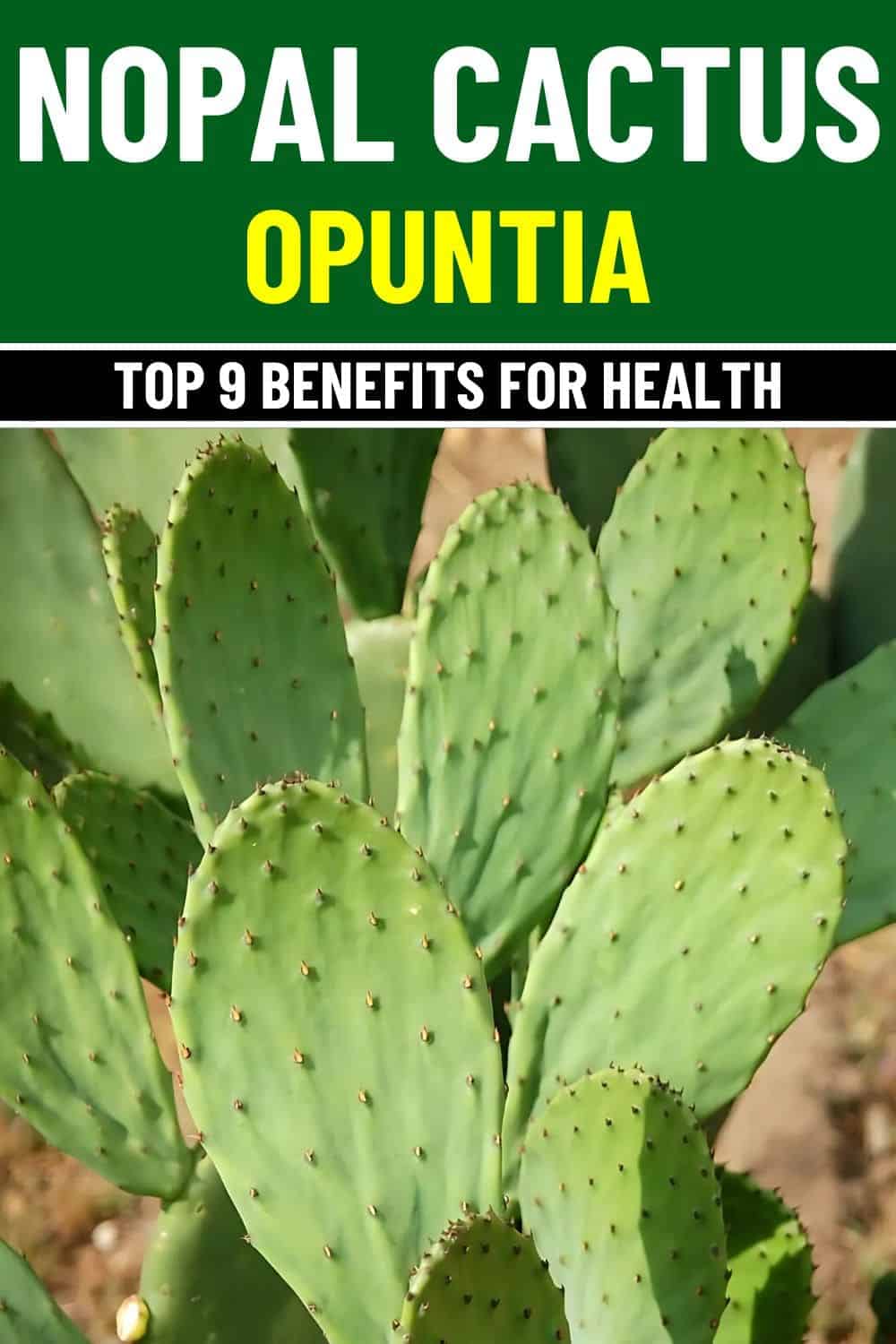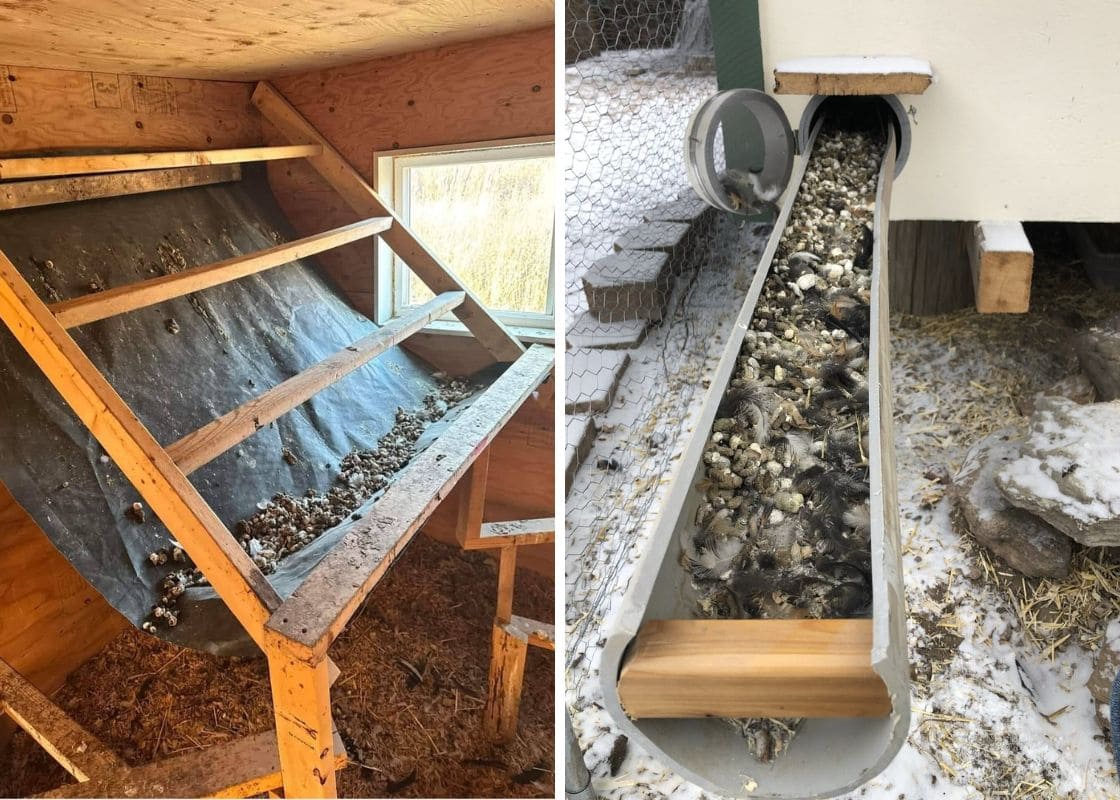The nopal cactus, also known as prickly pear cactus (Opuntia spp.), has been a staple in traditional medicine and cuisine for centuries, particularly in Mexico and the southwestern United States.
With its bright green pads and vibrant fruit, this versatile plant is not only a culinary delight but also a powerhouse of health benefits.
From managing blood sugar levels to promoting weight loss, nopal cactus has earned its place as a superfood.
#1. Regulates Blood Sugar Levels
One cup of raw nopal (86 grams) provides 2 grams of fiber. The high fiber content slows the absorption of sugar in the digestive tract, preventing spikes in blood glucose levels.
Research published in the Journal of Ethnopharmacology found that consuming nopal cactus alongside a meal significantly reduced post-meal blood sugar levels in individuals with type 2 diabetes.
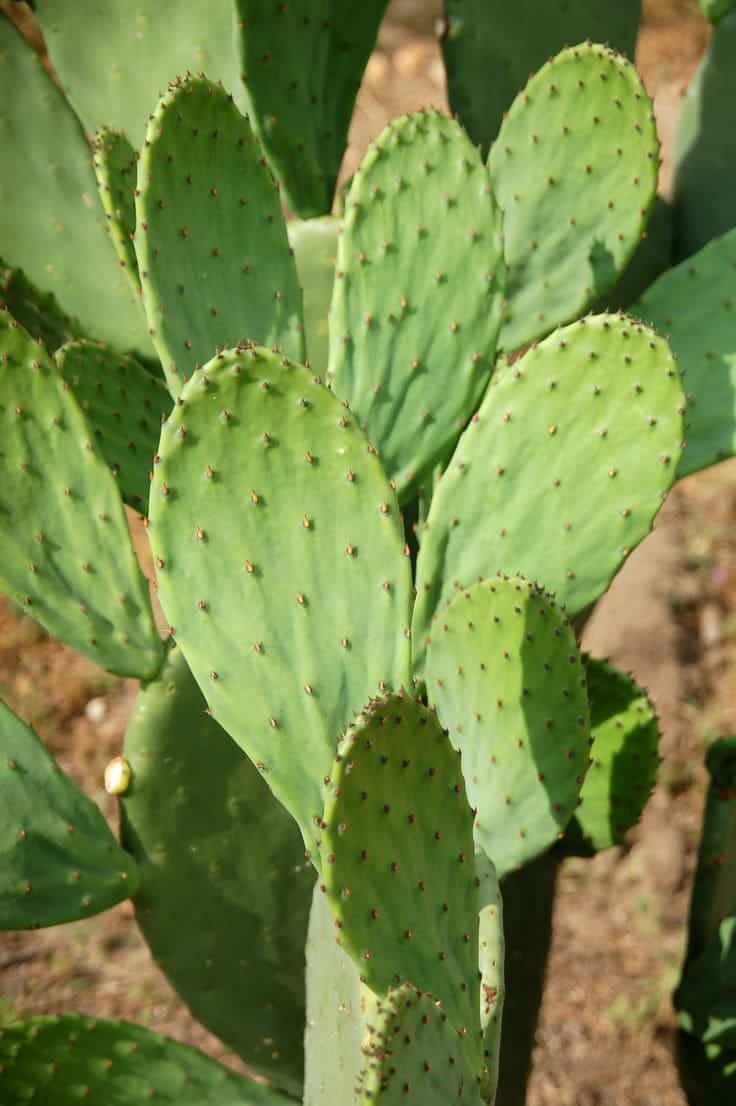
#2. Supports Weight Loss
With 14 calories in 86 grams raw nopal, this plant promotes a feeling of fullness and helps reduce overall calorie intake.
The gel-like fiber in nopal slows digestion, curbing hunger and aiding in weight management.
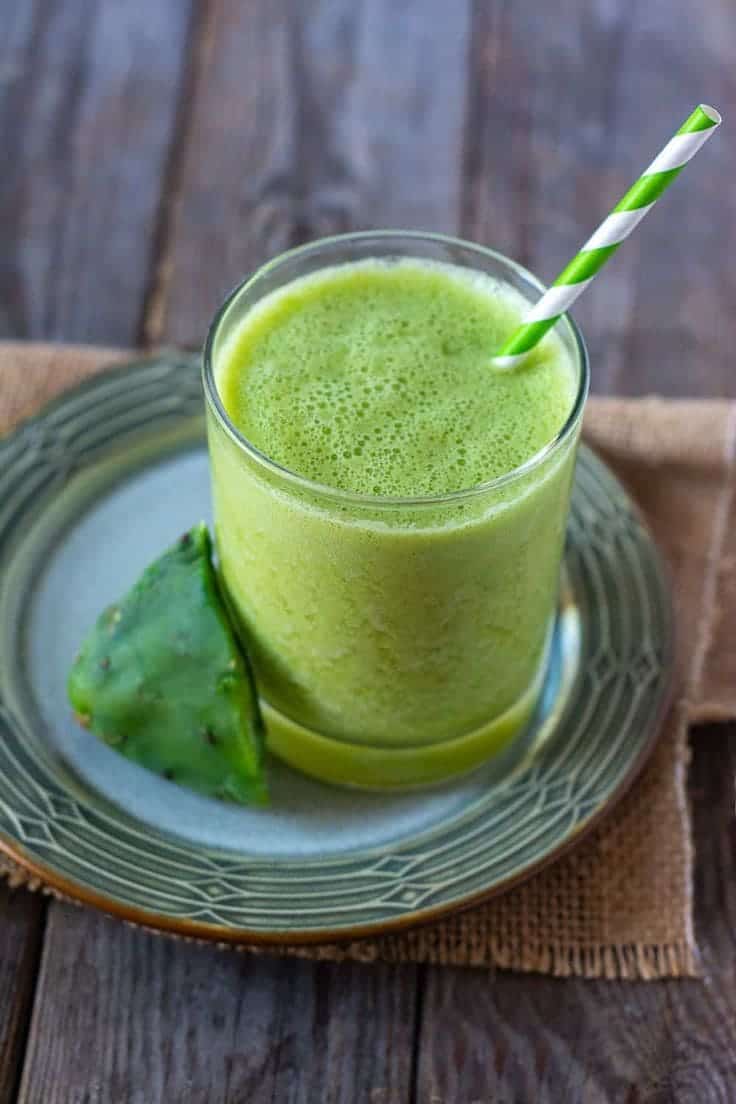
#3. Promotes Digestive Health
The high fiber content in nopal cactus supports a healthy digestive system by promoting regular bowel movements and preventing constipation.
Its natural prebiotic properties also encourage the growth of beneficial gut bacteria, improving overall gut health.
#4. Reduces Inflammation
Nopal cactus contains powerful antioxidants such as betalains, which have strong anti-inflammatory properties.
In a study published in Food Chemistry, betalains were shown to inhibit inflammatory markers, suggesting nopal cactus as a natural option for managing chronic inflammation.

#5. Supports Heart Health
Regular consumption of nopal cactus can improve your heart health by lowering cholesterol levels and reducing blood pressure.
The plant’s fiber helps reduce LDL (bad) cholesterol, while its potassium content supports healthy blood pressure levels.
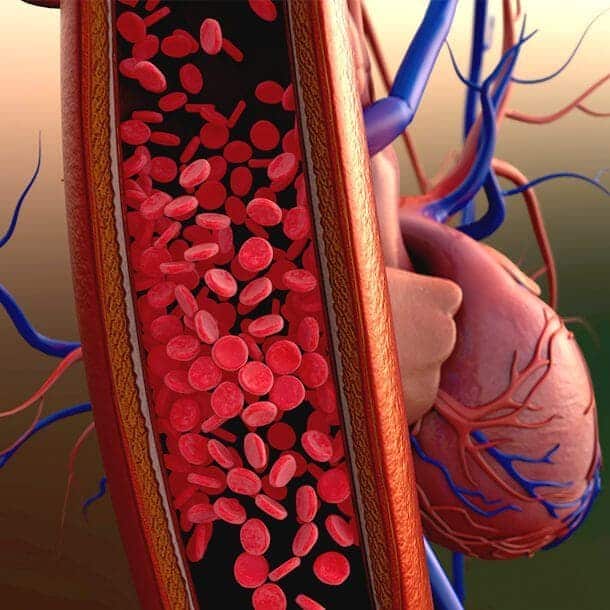
#6. Boosts Immune System
With 13% vitamin C of the daily recommended intake, nopal cactus helps strengthen the immune system.
Vitamin C boosts white blood cell production, while antioxidants protect cells from damage caused by free radicals.
#7. Detoxifies the Body
The gel-like fiber in nopal cactus supports detoxification by binding to toxins in the digestive tract and promoting their elimination.
Additionally, its diuretic properties help flush out excess water and toxins through urine, supporting kidney and liver health.
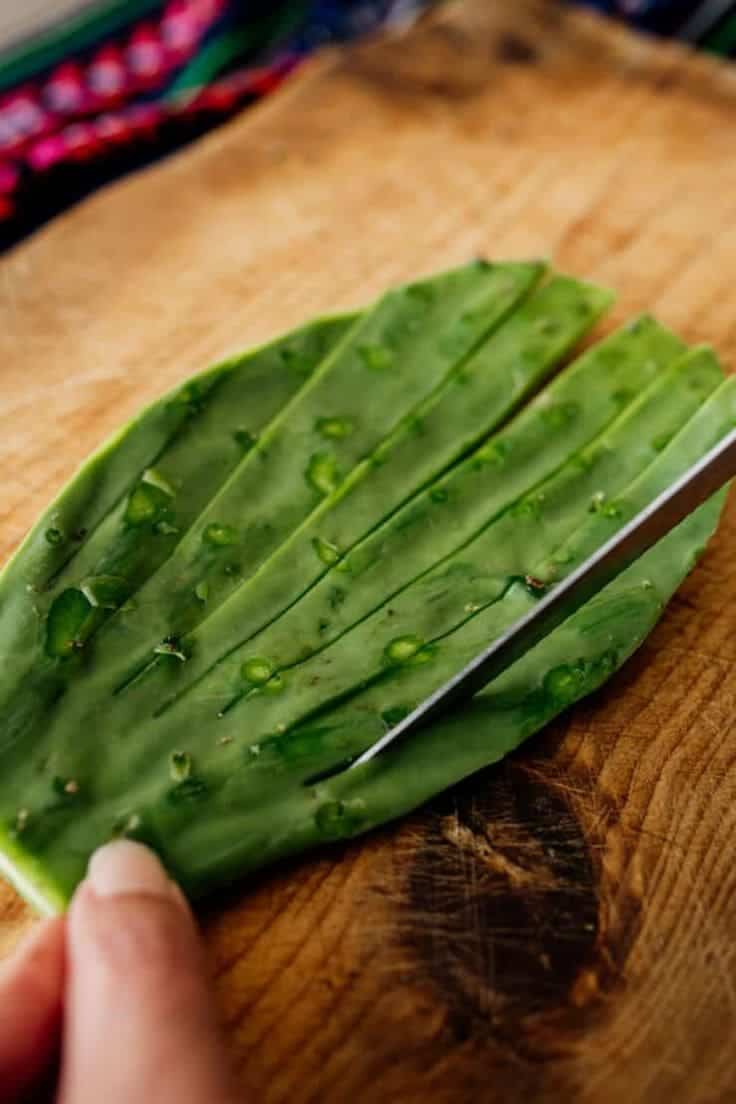
#8. Enhances Skin Health
The antioxidants and hydrating properties of nopal cactus make it beneficial for skin health. By combating oxidative stress, nopal helps reduce signs of aging, such as wrinkles and fine lines.
When applied topically, nopal gel can hydrate the skin and promote wound healing, making it a versatile ingredient for natural skincare.
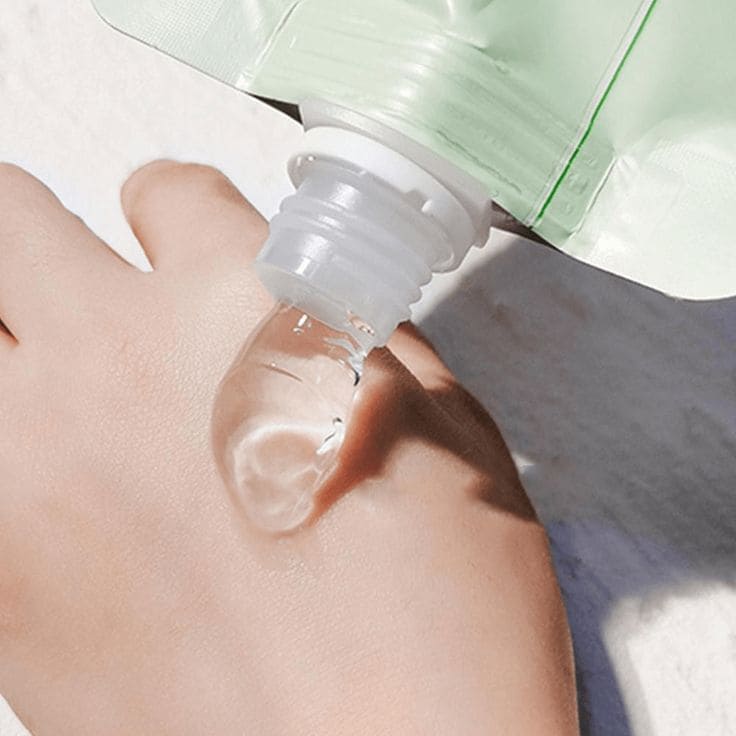
#9. Provides Energy and Vitality
Nopal cactus is a natural source of vitamins and minerals that boost energy levels and reduce fatigue.
Its unique combination of carbohydrates and fiber provides a steady release of energy, making it a great addition to your diet for sustained vitality.
How to Incorporate Nopal Cactus Into Your Diet
There are many ways to enjoy nopal cactus:
- Fresh nopal pads: You can grill, sauté, or add them to salads for a refreshing crunch.
- Nopal juice or smoothies: Blend fresh nopal with fruits like pineapple or orange for a nutritious drink.
- Nopal supplements: Available in capsule or powder form, these provide a convenient way to enjoy its benefits.
- Traditional recipes: You include nopal in Mexican dishes like nopalitos (sautéed cactus) or as an ingredient in tacos and soups.
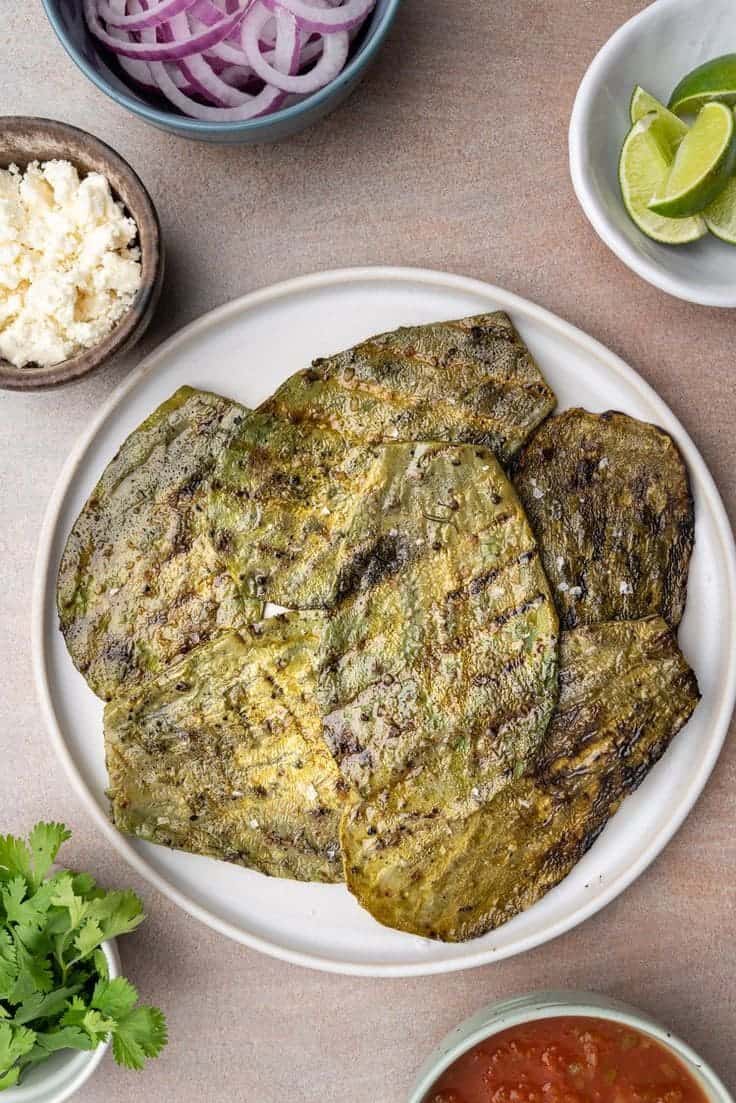
Precautions and Cautions
While nopal cactus is generally safe, its high fiber content may cause mild bloating or gas in some individuals. Start with small portions if you’re new to eating nopal.
Moreover, nopal may lower blood sugar levels, so those on diabetes medication should monitor their blood sugar closely and consult a healthcare provider.
Disclaimer
This article is for informational purposes only and should not replace professional medical advice, diagnosis, or treatment.
Always consult with your healthcare provider before starting any new dietary or health regimen.
